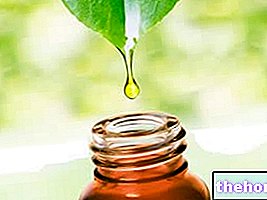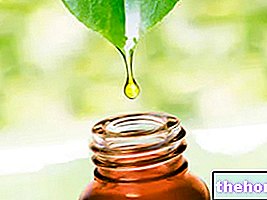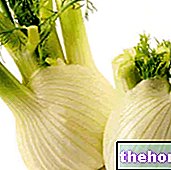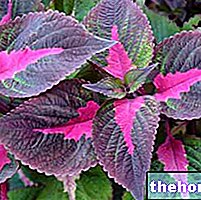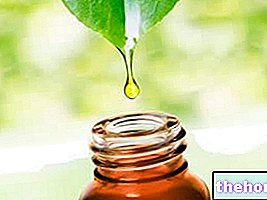
Scientific name
Prunus africana, syn. Pygeum africanum
Family
Rosaceae
Origin
Africa. Evergreen tree that lives in the forests of equatorial Africa.
Parts Used
The "vegetable drug" consists of the dried red to blackish-brown bark of the trunk and the strong smell, typically of almond
Chemical constituents
- Sterols;
- Fatty acids;
- Alcohols;
- Transferulic acid;
- Pentacyclic triterpenes (oleanic, crategolic and ursolic acid).
The most significant constituents present in the lipophilic extract include docosanol and β-sitosterol (15.7%), fatty acids including myristic, palmitic, linoleic, oleic, stearic and arachidonic, sterols and triterpenes.
Pygeum in Herbal Medicine: Properties of Pygeum
This plant has been shown to possess, through several pharmacological studies, an anti-edema activity (by inhibiting the synthesis of prostaglandins and leukotrienes). It also contributes to increasing bladder elasticity and helps in the treatment of prostatic hypertrophy. The plant is not toxic and is commercially available as a medicinal product for oral administration.
Daily dose: 75-200 mg of lipidosterolic extract, in divided doses, to be taken with food or milk to minimize gastrointestinal effects.
Side effects
Gastric intolerance disorders may appear following administration.
Contraindications
Avoid use in case of known hypersensitivity to one or more components. Due to its effects on the metabolism of androgens and estrogens it is contraindicated in pregnancy, lactation and children under 12 years.
The lipophilic extract is generally well tolerated. Few cases of gastrointestinal side effects of negligible severity and transient, such as nausea, diarrhea and gastralgia, have been reported.
Pharmacological interactions
- the constituents of pygeum can interfere with hormonal therapies (there are no scientific data on this).

